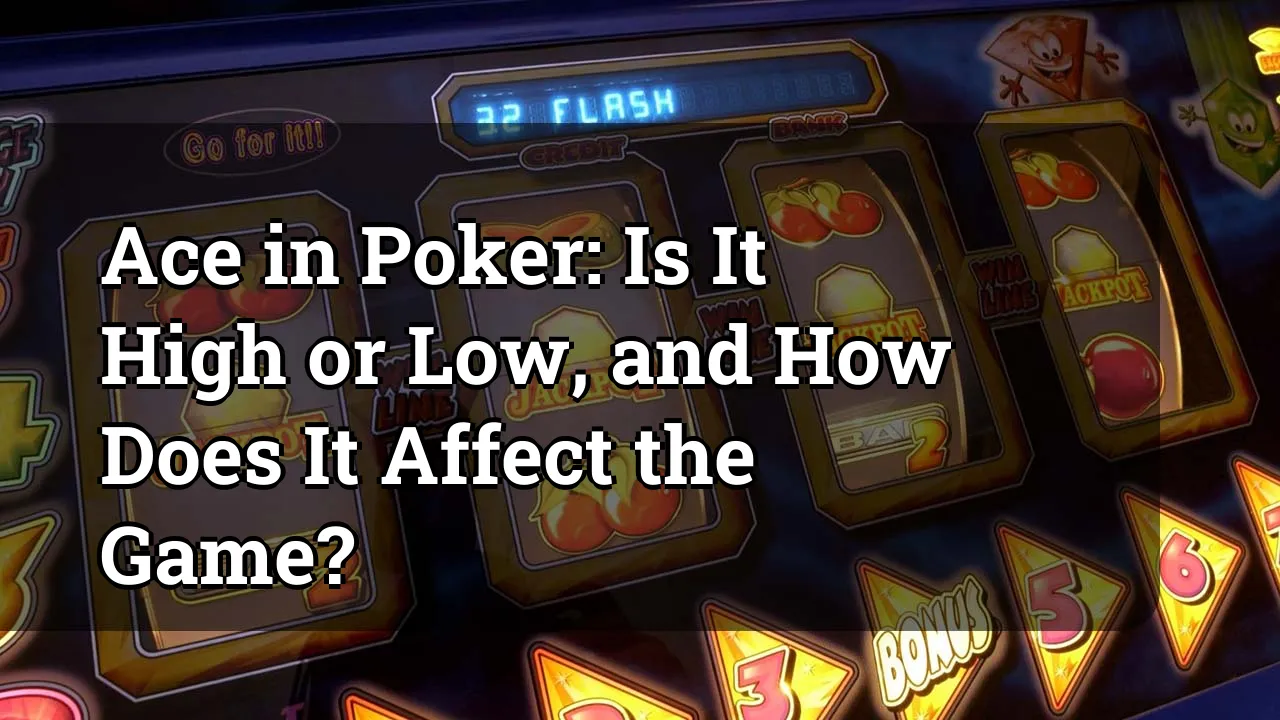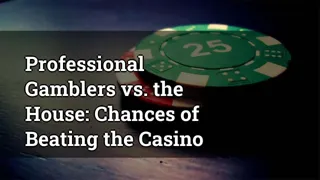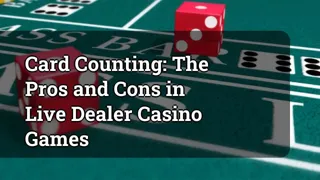Ace in Poker: Is It High or Low, and How Does It Affect the Game?

Is Ace High or Low in Poker?
When it comes to the game of poker, the role of the Ace can sometimes be a bit confusing. One of the most common questions that poker players ask is whether the Ace is considered high or low. The answer to this question is that it can actually be both high and low, depending on the context of the game.
In most standard poker games, such as Texas Hold'em and Omaha, the Ace is considered to be the highest-ranking card. This means that it outranks all other cards in the deck, including the King, Queen, and Jack. In terms of the hierarchy of cards, the Ace holds the top position and is often referred to as the "ace high."
However, there are also variations of poker where the Ace can be considered low. One such variation is known as Ace-to-Five Lowball, which is often played in high-stakes cash games or in some mixed games. In this variant, the Ace is treated as the lowest card, ranking below the 2. The objective of this game is to make the lowest possible hand, and having an Ace in your hand can be a disadvantage.
It's important for players to be aware of the specific rules and variations of the game they are playing to determine whether the Ace is high or low. In most cases, players will encounter games where the Ace is considered high, but it's always a good idea to clarify the rules before sitting down to play.
How Does the Ace Affect the Game?
The status of the Ace as either high or low can have a significant impact on the strategy and gameplay of a poker hand. When the Ace is considered high, it becomes one of the most powerful cards in the deck and can greatly increase the value of a hand. For example, a hand containing an Ace and a King is often referred to as "Ace-King" or "Big Slick" and is considered one of the strongest starting hands in Texas Hold'em.
On the other hand, when the Ace is considered low, it becomes the weakest card in the deck and can diminish the value of a hand. In Ace-to-Five Lowball, for instance, a hand containing an Ace is considered relatively weak compared to hands without an Ace. Players must adjust their strategy accordingly, focusing on making the lowest possible hand rather than aiming for high-ranking combinations.
Understanding how the Ace affects the game is crucial for poker players, as it can influence their decision-making process and overall gameplay. Whether the Ace is high or low, it is a card that should be respected and carefully considered when making strategic moves.
In Conclusion
The question of whether the Ace is high or low in poker is not a straightforward one. In most standard poker games, the Ace is considered high and holds the highest rank in the deck. However, there are variations of the game where the Ace can be treated as low, such as in Ace-to-Five Lowball.
Players should always familiarize themselves with the specific rules of the game they are playing to determine the status of the Ace. Understanding whether the Ace is high or low is essential for developing effective strategies and making informed decisions during gameplay. So next time you sit down at a poker table, make sure you know how the Ace is treated in that particular game.











